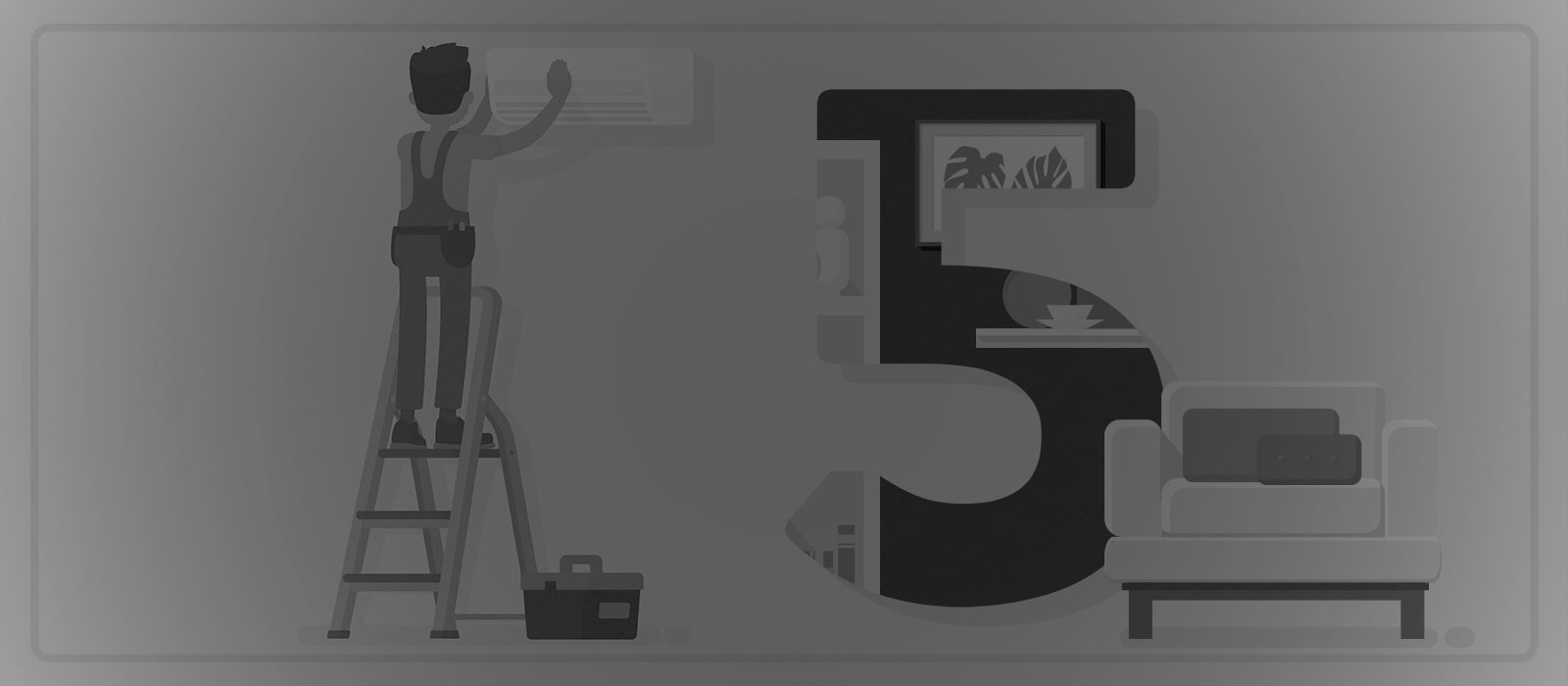-
Your HVAC system can be your best friend through stifling summers and freezing winters as it keeps you and your family comfortable and safe all year long. But what if your HVAC system could talk? What would it have to say about how it performs and how it is feeling? Your HVAC system may not be able to speak, but it has ways of telling you when it needs attention. Let’s look at a few things your HVAC system might want you to know to keep it running at top performance throughout the year.


-
Less Than Perfect Airflow
If your air conditioner is not cooling properly or the airflow is not as powerful as it should be, your HVAC system may be telling you that the ducts or vents are blocked. Luckily, this is an issue that can often be easily remedied. A good place to start is the filters. When filters are dirty, air cannot flow properly through your system and cool the air in your home. The filters are located either in your indoor units or perhaps behind the grille in the hallway if you have a ducted system. These should be changed regularly for clean and free-flowing air. Keeping the outdoor condenser clean and clear of debris is also important to ensure proper airflow. You can clear debris from all sides of the condenser with a garden hose after shutting the system off.


-
Strange Sounds and Smells
If your HVAC system is making squealing or grinding noises, it may be telling you it’s time for a replacement or at least a thorough checkup. Strange sounds mean that there is a serious issue within the system. Be sure to contact a technician if your HVAC system is being noisy. Strange smells are also a sign that there is something wrong. Mold and mildew can build up in an HVAC system and cause health issues for your family. Unusual smells could also mean that there is an issue with wiring in the system that has the potential to be dangerous. Look out for strange sounds and odors coming from your system.


-
Airflow with No Cool Air
When air is flowing smoothly but it’s not cool, your system may be telling you the compressor is on its way out. Low refrigerant levels may also be the culprit. Refrigerant leakage can be a dangerous problem, so it is best to have your system checked as soon as possible once you notice a decline in cooling performance.


-
Frost in the Summer
Frost appearing on the pipes of your HVAC system is a sign that it is frozen and this will hinder the system’s ability to cool as refrigerant will not be able to flow properly. The system can be thawed as a temporary fix by leaving the fan on with the AC turned off. If the system freezes again, something serious may be wrong with the system and it will need maintenance or retooling. Ultimately, the issue could be something as simple as dirty filter or blocked ducts. Once again, checking the filter and passageways throughout the system is a good place to start. If this doesn’t resolve the issue, it’s time to have a specialist come in to have a look.


-
Moisture and Leakage
If you find water or moisture around components of your HVAC system, your system is telling you that it has a leak. This could simply be blockage or leakage from the condensate pump, which would need to be changed or repaired. Moisture around system components will eventually lead to the formation of mold and mildew. It may also be a refrigerant leak that could be dangerous for those in the home. Maintenance or repairs should be done at the first sign of leakage to prevent more serious issues in the near future.
If you listen carefully, your HVAC system actually has a lot to say. Paying close attention to the system is the best way to stay safe and comfortable while avoiding potential larger costs later. When your HVAC system talks, be sure to listen up!
Please click the 'INQUIRY TO BUY' banner below to contact your local LG office for further information on solutions and products.






